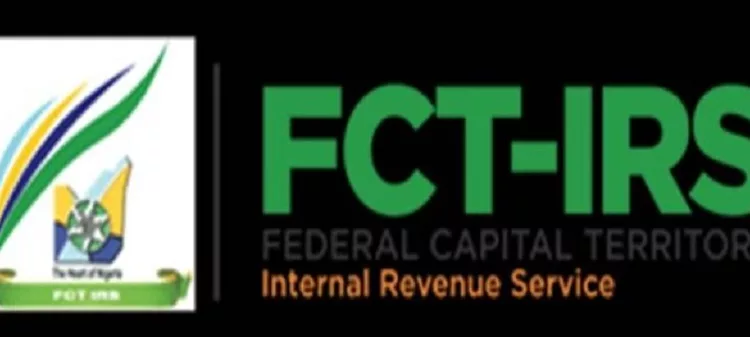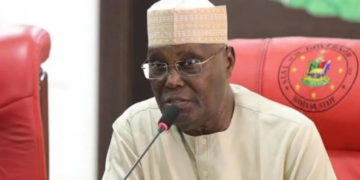The FCT Internal Revenue Service (FCT-IRS) has announced a remarkable 19.8 percent increase in its revenue projections for 2024, bringing the total amount generated to N252,825,484,775.71, compared to N211,100,288,136.36 in 2023.
The acting chairman of FCT-IRS, Michael Ango, shared these figures during the service’s end-of-year press briefing in Abuja where he highlighted plans for tax harmonisation, set to begin in 2025.
Ango revealed that the service had reached an agreement with all six area councils to handle tax collection on their behalf, ensuring timely and effective disbursement of funds.
“We have already engaged revenue consultants to enhance the efficiency of tax collection across various points,” he stated.
The FCT tax administration head emphasised the ongoing infrastructural development spearheaded by the FCT Minister, Nyesom Wike, which includes creating new offices and implementing the minimum wage. “All these initiatives require revenue,” he remarked.
Ango noted that various agencies currently collect revenue independently, but this fragmented approach is not considered best practice globally. Consequently, the Minister has directed a unified revenue collection system within the FCT.
Addressing concerns from area councils regarding potential revenue losses, Ango reassured them that the funds collected would still belong to the councils. “Our role is to assist in the collection and aggregation of these funds, which will then be disbursed to their respective accounts,” he explained.
Additionally, Ango announced that the FCT-IRS has finalised plans to introduce an Entertainment Tax, which will apply to venues like parks, restaurants, and event centers.
He clarified that this is not a new imposition but rather the enforcement of existing laws.
“We are not seeking to overburden residents; we are merely fulfilling our legal obligation to collect existing taxes,” he said, asserting that all revenue collected will benefit the community.
He said that to streamline the payment process, the Service plans to decentralise payment points starting January 2025, which includes exploring POS channels for easier access, especially for low-income earners and residents outside the city center.
Furthermore, kiosk offices will be established in various locations throughout the FCT, including markets, parks, and plazas, in 2025 to facilitate revenue collection.
We’ve got the edge. Get real-time reports, breaking scoops, and exclusive angles delivered straight to your phone. Don’t settle for stale news. Join LEADERSHIP NEWS on WhatsApp for 24/7 updates →
Join Our WhatsApp Channel










